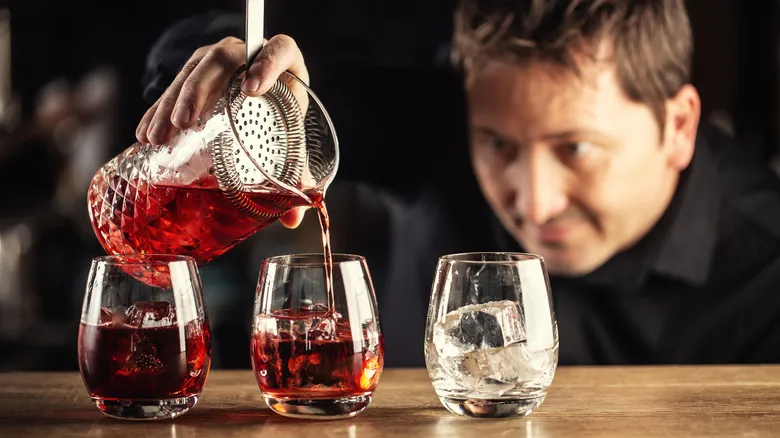Why you might want to skip this tool for your home bar

The last advantage of using a mixing glass that we’ll highlight is its spout. While you can mix drinks in a regular cup, pouring the liquid over ice can lead to spills without that convenient spout. A mixing glass eliminates those issues.
These are just a few benefits of mixing glasses, but like anything, they come with their own set of drawbacks. For one, a cocktail mixing glass adds to your dishwashing duties, and since it’s technically a nonessential tool, you might consider skipping the purchase to save time and money. Moreover, if you prefer cocktails that require shaking rather than mixing, this might not be the right investment for you. For example, drinks primarily made with spirits, like a Manhattan or Negroni, are best stirred to maintain their density, while cocktails with a wider range of ingredients, such as a Margarita or Cosmopolitan, should be shaken. (And for those who love shaking, here are three cocktail shakers every home bartender should know about.)
In summary, while mixing glasses are a nice addition, they aren’t absolutely necessary. However, if you’re serious about your home bar, it might be worth picking one up to perfect your cocktail-making skills.
Alternatives to a classic mixing glass
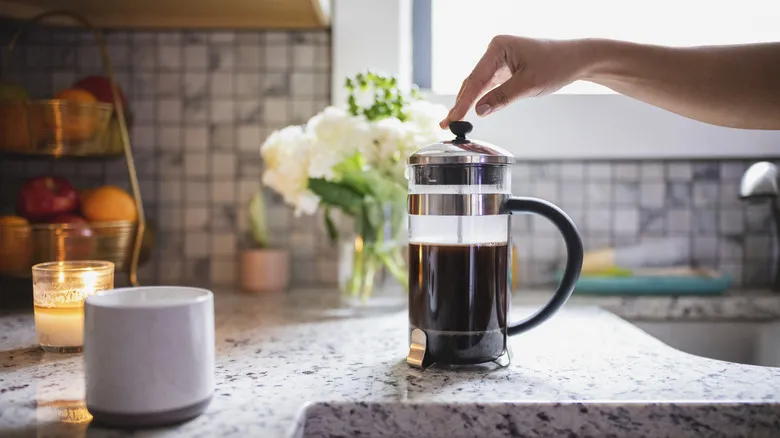
Deciding whether to invest in a cocktail mixing glass is entirely your choice. However, mixing a drink is essential for achieving a harmonious blend of ingredients and maintaining a consistent temperature, so it's beneficial to find a way to mix your cocktail before serving it over ice. If you don’t have a mixing glass on hand, you can use a tall pint glass or the bottom of a French press, or any other tall, straight container that can accommodate the full volume of your drink.
For those who prefer using a mixing glass, there are plenty of options available for cocktail enthusiasts. If you only need to stir occasionally, a simple, classic mixing glass design is ideal. Typically affordable and straightforward, this no-frills option will effectively serve its purpose. On the other hand, if you seek a more refined mixing experience, a Japanese mixing glass might be more suited to your taste. This style often features a sleek pour spout and intricate designs, making it a more delicate and pricier choice, but it can be appreciated by dedicated bartenders for its unique aesthetic.
Recommended

Alton Brown's Favorite Cocktail Combines 3 Strong Liquors
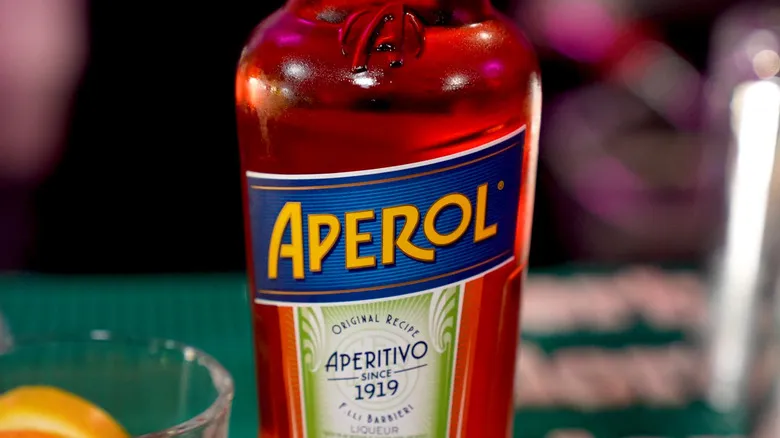
How To Make An Aperol Spritz - You're Doing It Wrong All Wrong
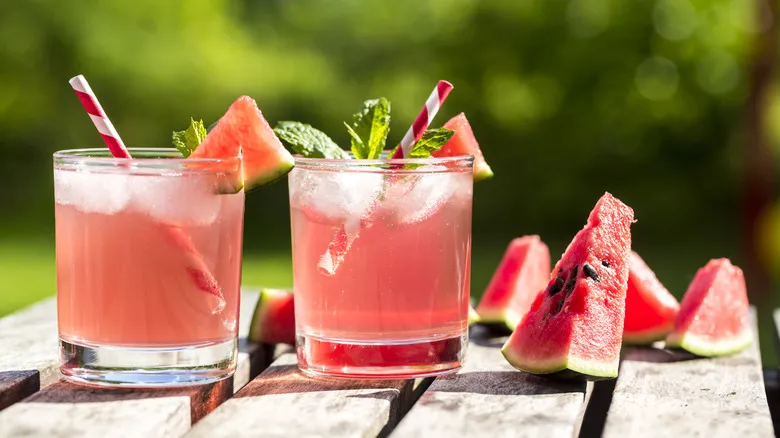
You'll Want To Sip Watermelon Paloma Cocktails Even After Summer's Over
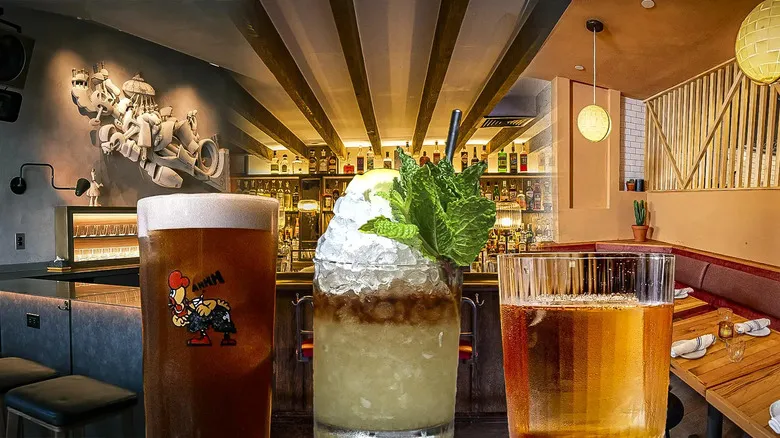
The Best Cocktail Bars To Visit When In New York City
Next up

